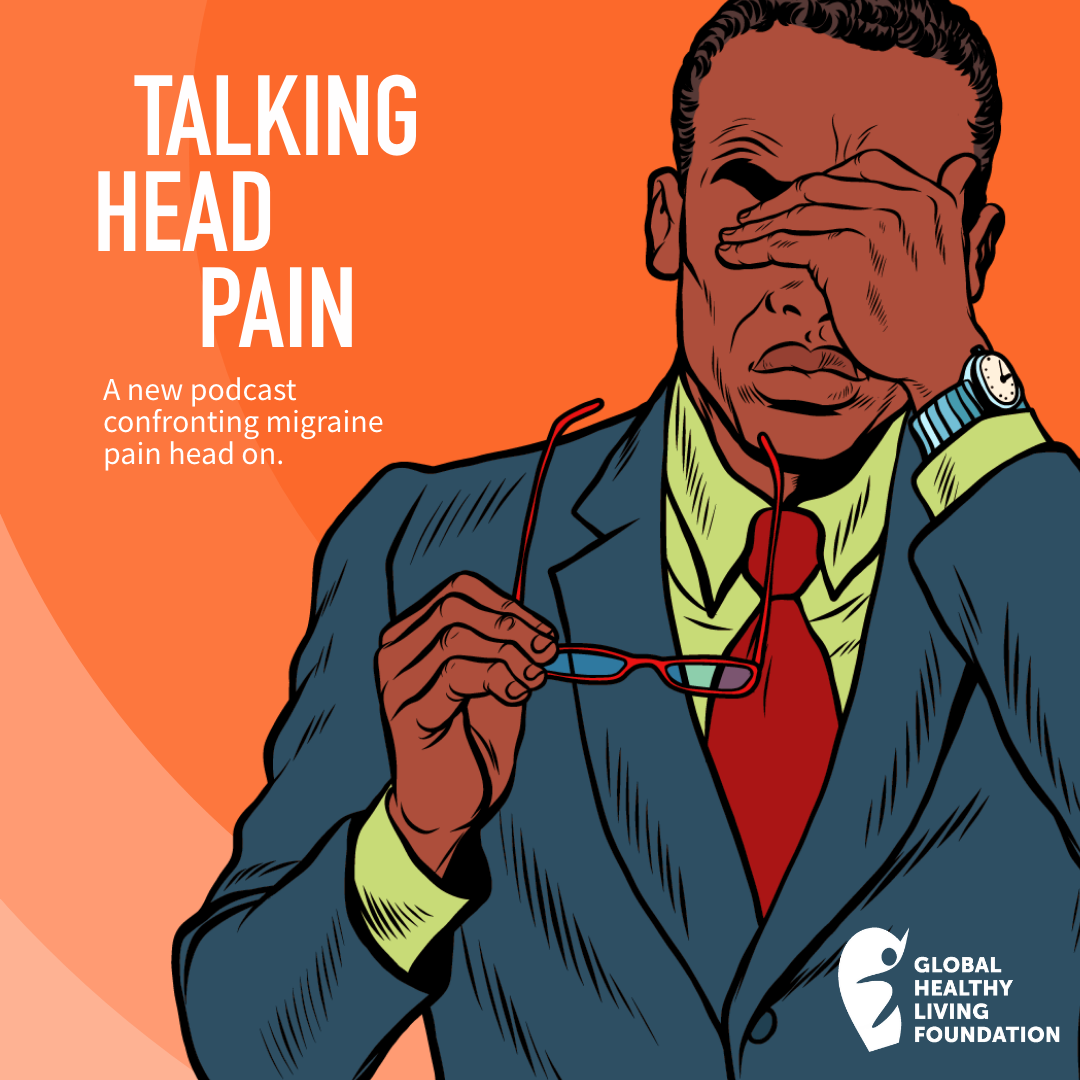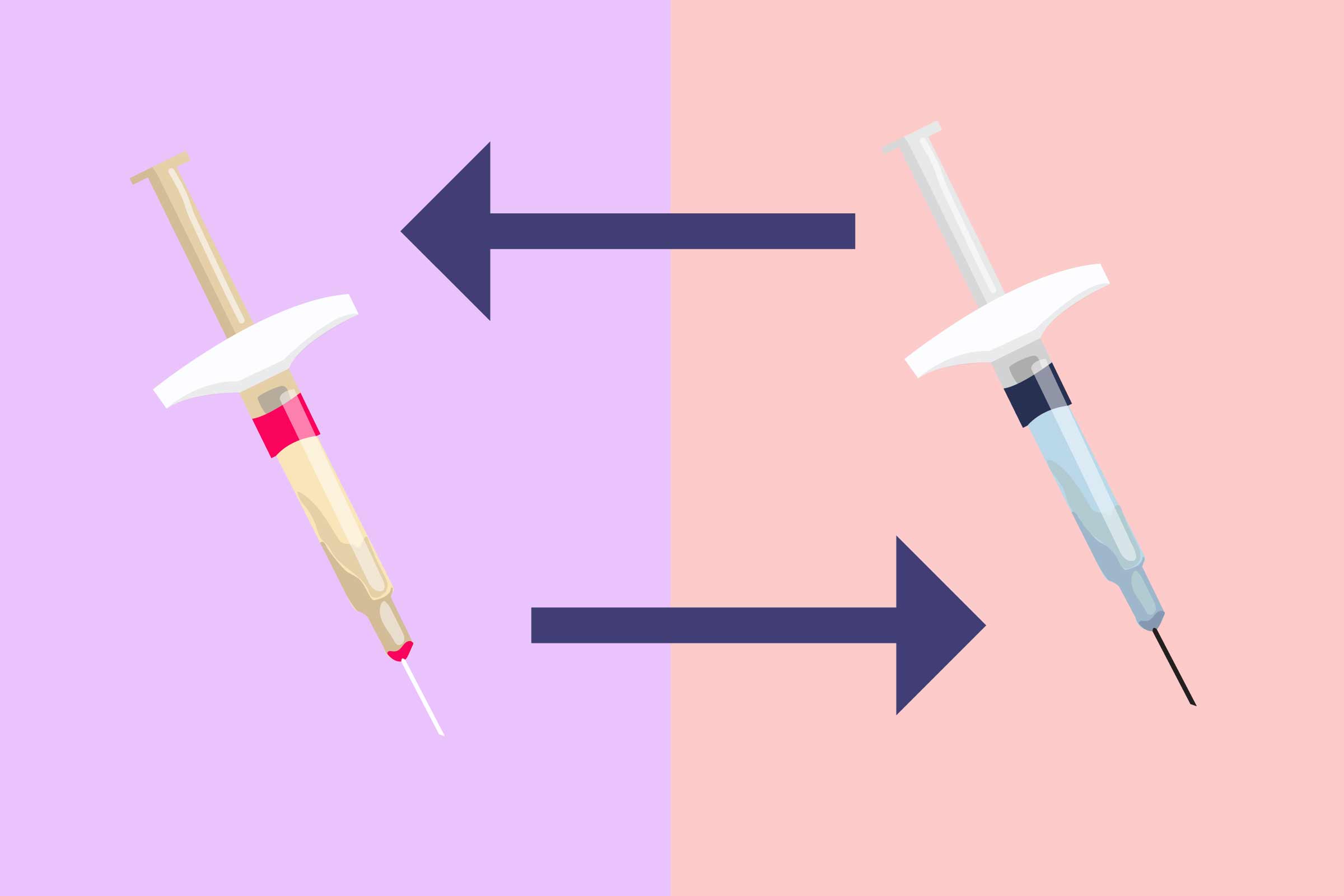Transitions are an inevitable part of life, and they can bring excitement and positive transformations. However, for individuals like myself who live with chronic illnesses like rheumatoid arthritis (RA), unexpected disruptions can trigger flare-ups and intensify symptoms.
As I approach the final days of my job, I find myself on the brink of a new transition in my life. I have worked since I was 14 years old (12 if you count babysitting in my childhood). Like most people, I have worked out of necessity to pay rent, utilities, groceries, and medications. The loss of financial stability when you may only be working part-time, as I was, or not being able to work at all, can be a time of stress and anxiety that can cause unwanted changes to our health.
Our lives fall into a rhythm where we exercise, take medication, eat meals, or go to sleep at certain times of the day. It’s a circadian rhythm we naturally follow and it’s that stability that helps keep our disease under control.
The body and mind work together to create a space of comfort and stability — stress triggered by big life changes increase cortisol (the hormones that control our stress response in the body) and can manifest in physical changes, such as flares, fatigue, sleep problems, digestive issues, aches, and pains.
Facing Change
It’s a bit unsettling to face the immediate future without a regular paycheck. I am in a fortunate position as my partner can support us both, but it’s strange to let go of that part of my life as my working life has always been a source of financial independence.
I often worked multiple jobs at the same time just to make ends meet and support my artistic life so I’m no stranger to unpredictability in my own schedule — but the body I had before RA could bounce back a lot faster than the body I have now.
So how do I deal with a big life change and prevent an unwanted flare in my disease?
Put Yourself First
It’s okay to be selfish and take some time to reconcile, heal, and accept a new reality. Take time to acknowledge your feelings — are you angry, sad, happy, excited, anxious? Sit with them awhile before making a plan to move on. Whether it’s a financial change, job changes, a death of a loved one, loss of a friend or lover, we all need time to accept and adjust to the new position in our life.
Manage Your Diet
It’s easy to consume junk food and alcohol for comfort, and it’s usually okay to allow yourself a day or two to indulge without guilt, but don’t let it go on too long as if will make you feel worse. Healthy proteins, fresh fruits, and vegetables keep you strong during stressful times. Drink plenty of water to stay hydrated and mentally alert.
Exercise Daily
Go for a walk, a swim, a bike ride — put on some music and do some dancing in the kitchen. Staying active will increase endorphins and lift your mood. Exercise can also stimulate ideas and help you see a way forward.
Make Time for Meditation to Calm the Mind
I don’t mean you have to burn incense and chant while sitting Buddha style on a pillow with hands in prayer position — you can if that’s works for you, but meditation can be as simple as sitting quietly for five to 10 minutes a day.
Don’t worry if your mind wanders, let it. Focus on the external sounds like the birds chirping, rain drops hitting your windowpane, opera music floating from nearby house or apartment — let familiar sounds in the space around you soothe and comfort.
Reach out to Friends, Family, or Your Social Media Communities
Friends and family can help during times of stress by driving you to appointments, helping with household chores, or cooking. Sometimes just talking it out without the expectation of advice can ease the burden of what you are feeling and give you some clarity.
Sleep On It
Sleep is restorative. It gives our body and mind a chance to rest and heal. It shuts down our active mind and cloaks our anxiety in a gentle hug before sending us to dreamland deep in our subconscious. Dreams themselves may offer some insight so write them down.
Painting, drawing, journaling or any other creative art can help purge our emotions and deal with them through a new perspective. I write daily pages as part of my writing practice to kickstart my creativity and put me into the mindset to work.
This technique also serves to center my mind and body. Spill your doubts, fears, anger, or confusion onto the page, the canvas, or whatever creative outlet you choose — this is therapy that will help us cope with the present and perhaps open a new window to the future.
Make a List of Tasks
Write them down and tackle them one at a time. There’s nothing quite so satisfying as placing a checkmark beside a completed task. This list is a base to ground our wild selves when things feel out of control and turn attention away from the negative thoughts that bring us down.
The only thing in life that is constant is change. And just like the changing of the seasons, we bloom, thrive, and fade at different stages of our life. A new beginning can be overwhelming, but once we get past the weeds, it can also be beautiful, vibrant, and full of new life.
Stay in Touch with CreakyJoints Canada
Part of the nonprofit Global Healthy Living Foundation, CreakyJoints is a digital community for millions of arthritis patients and caregivers worldwide who seek education, support, advocacy, and patient-centered research. All of our programming and services are always provided free of charge. As we grow CreakyJoints Canada we want to hear from you. Please join our email list to stay connected, learn about new content and initiatives, and send us suggestions and ideas.






